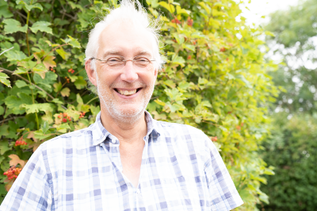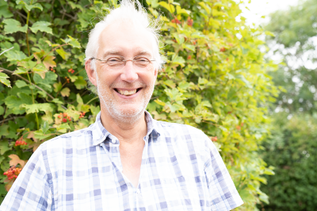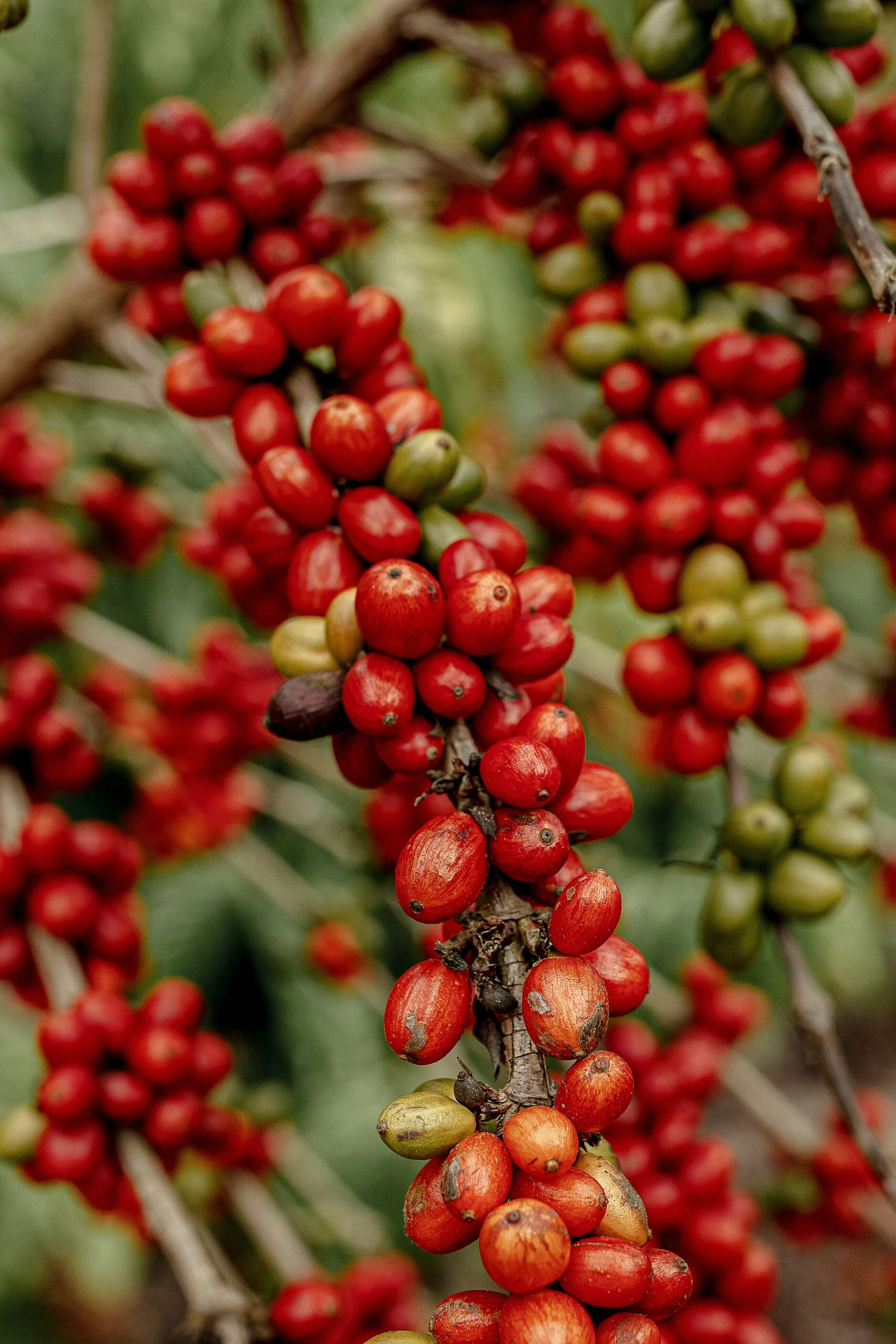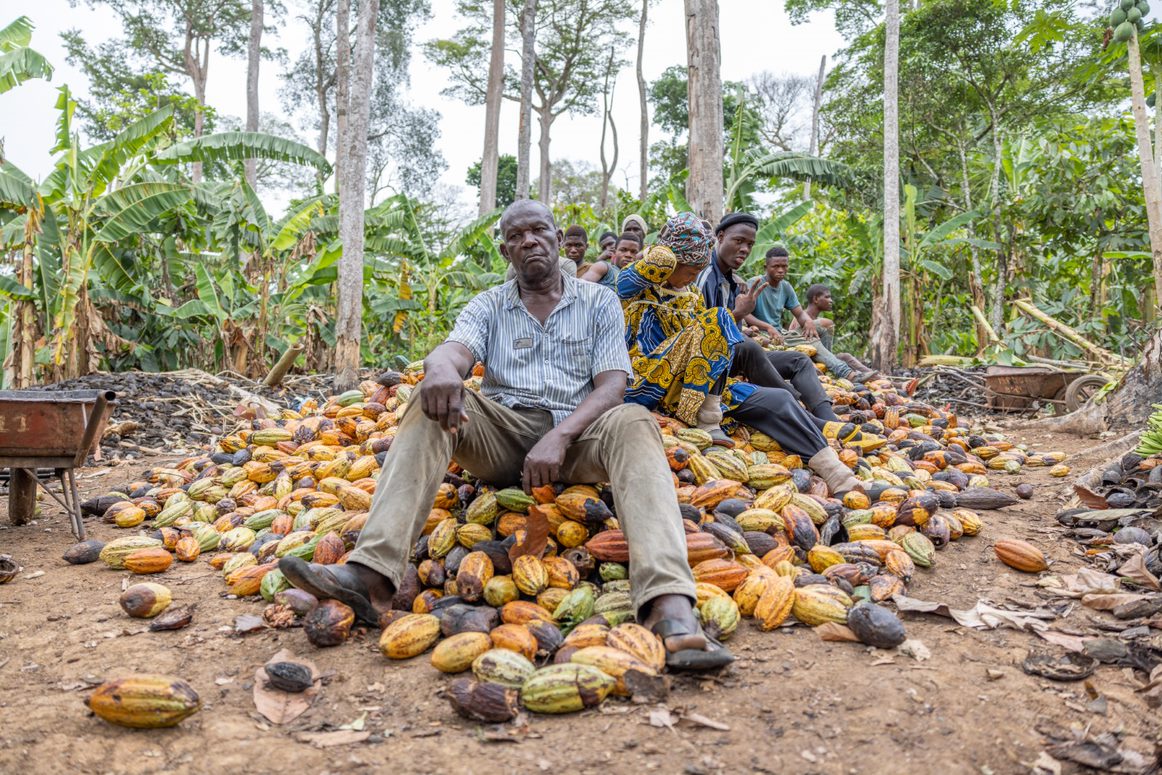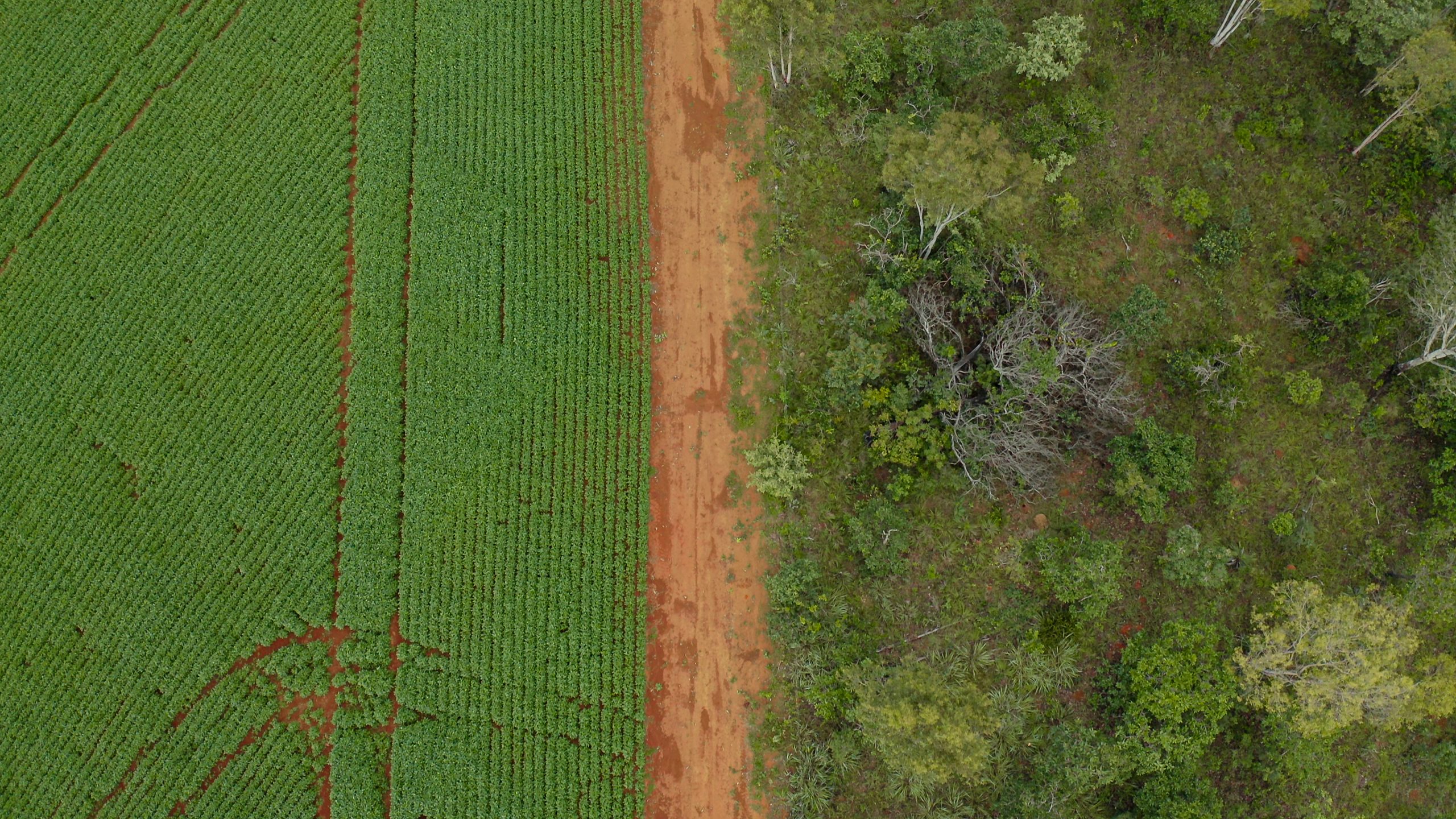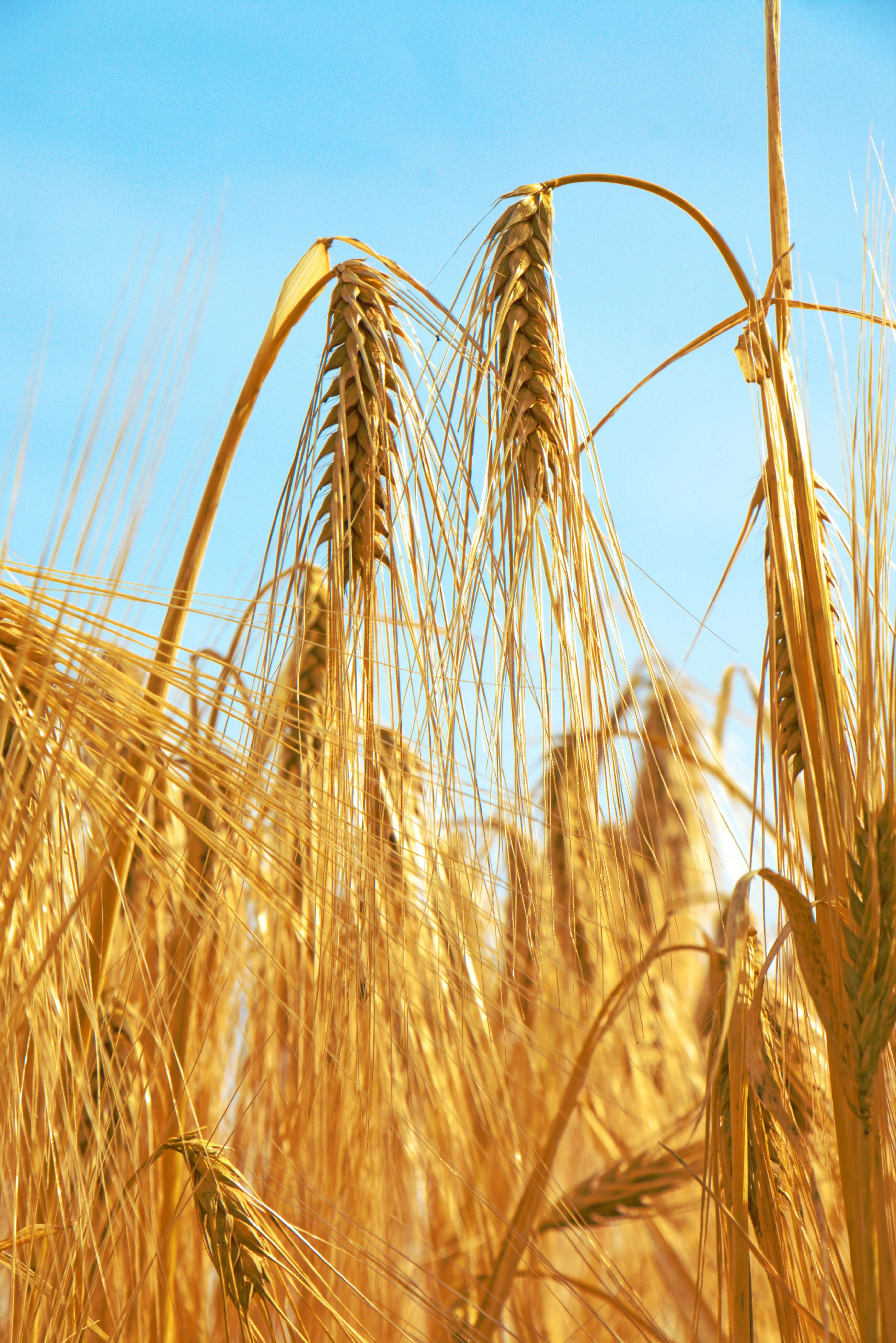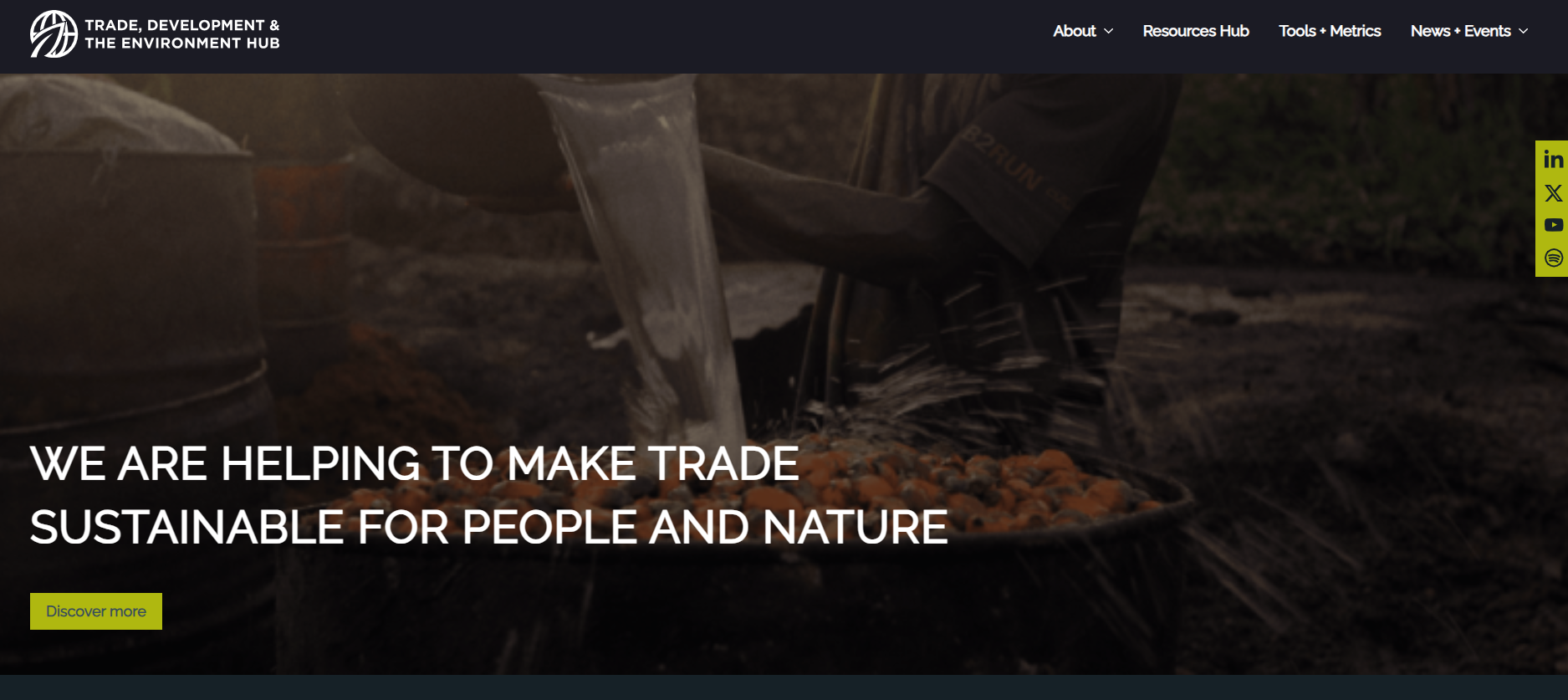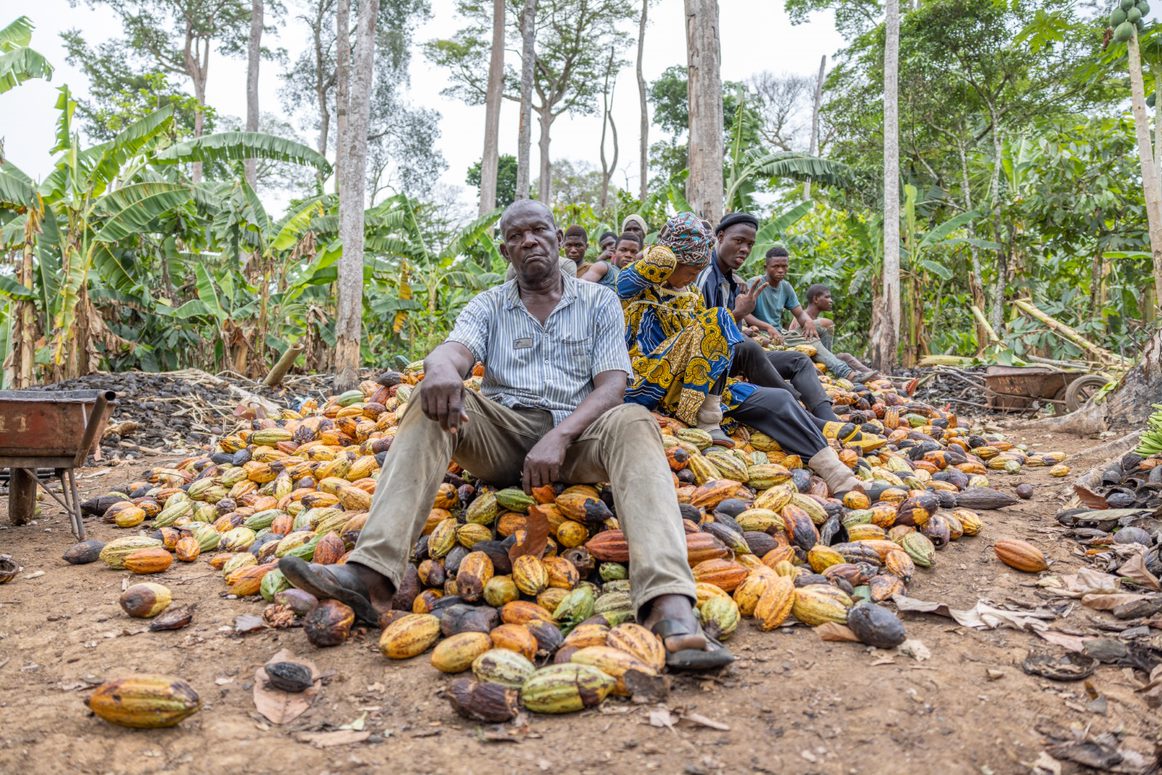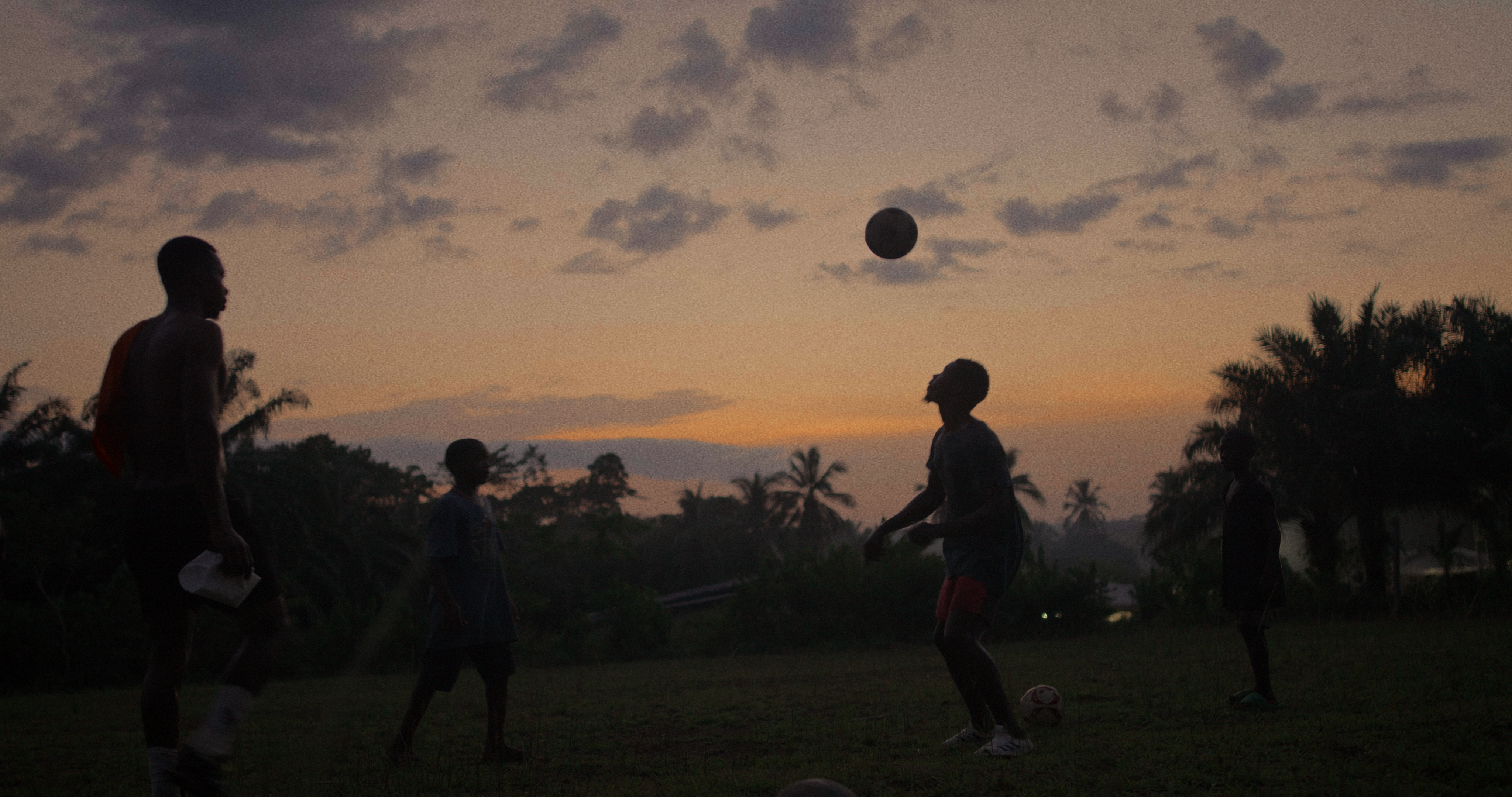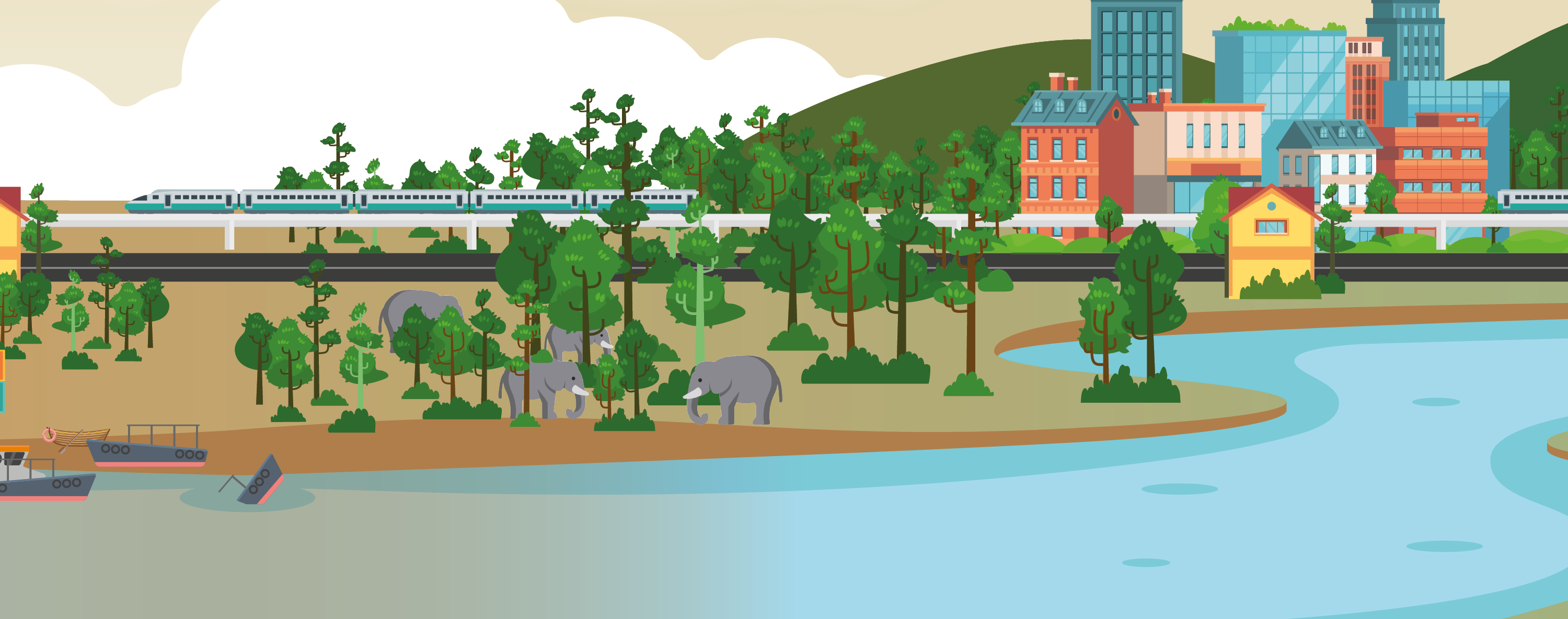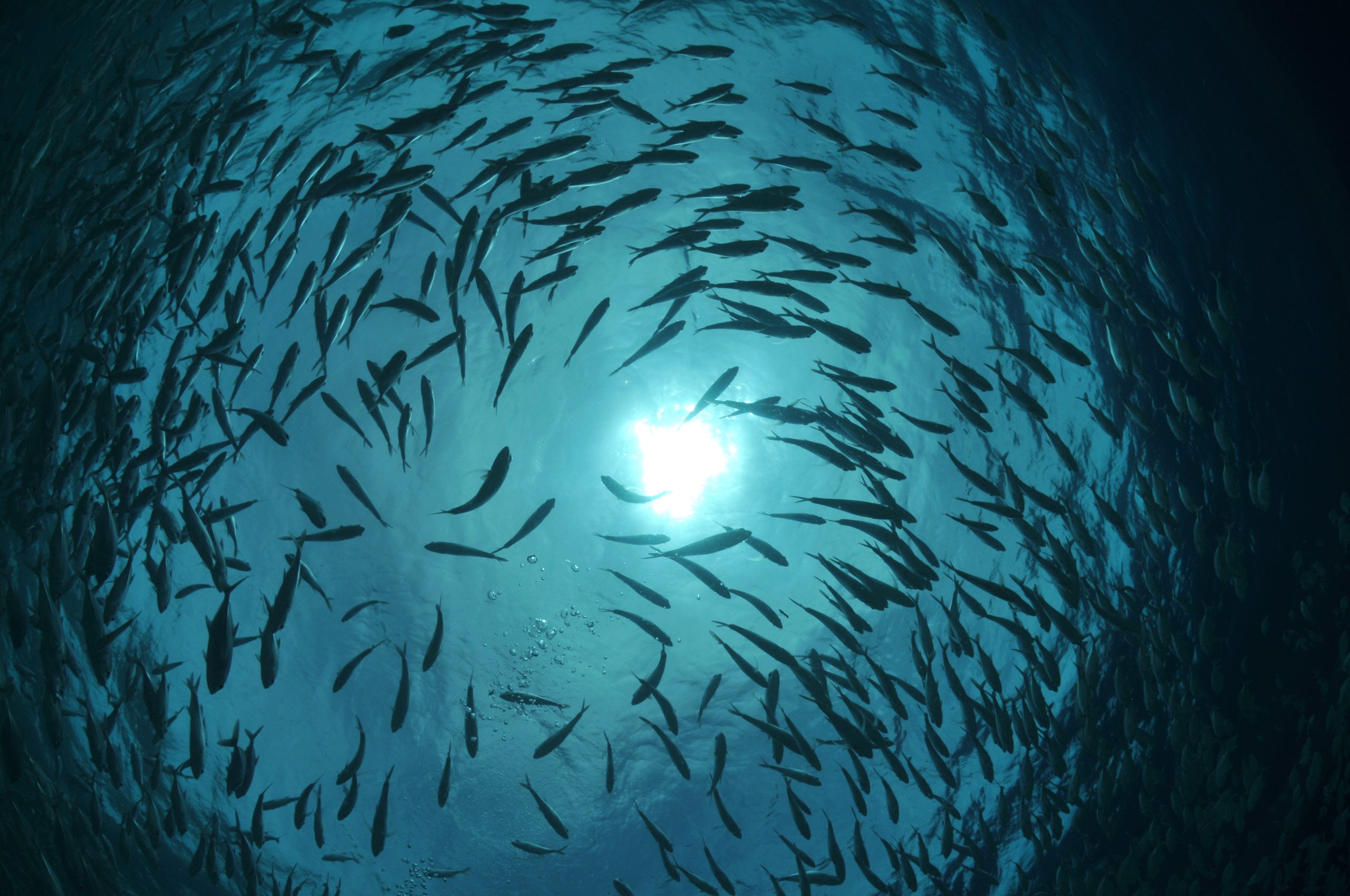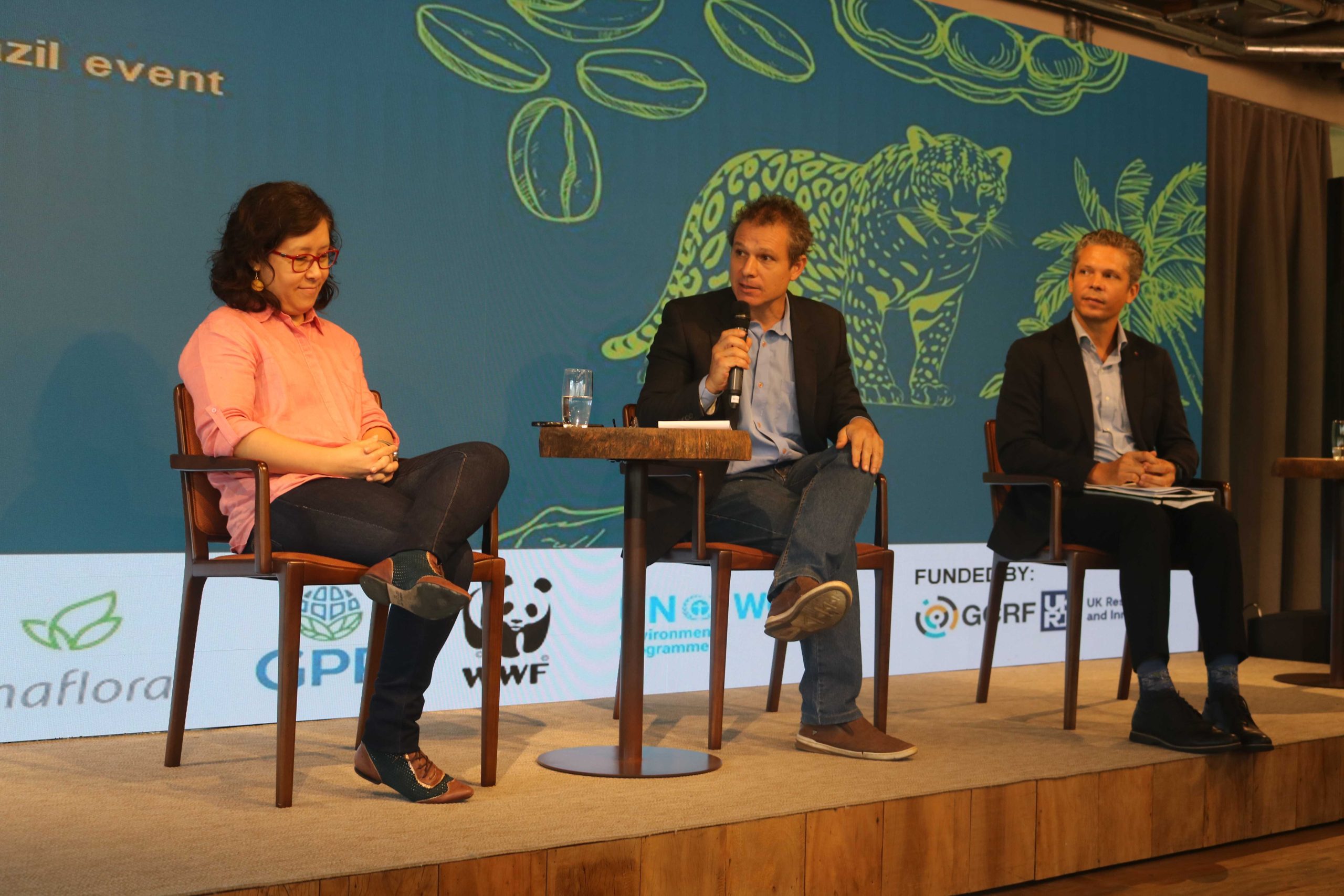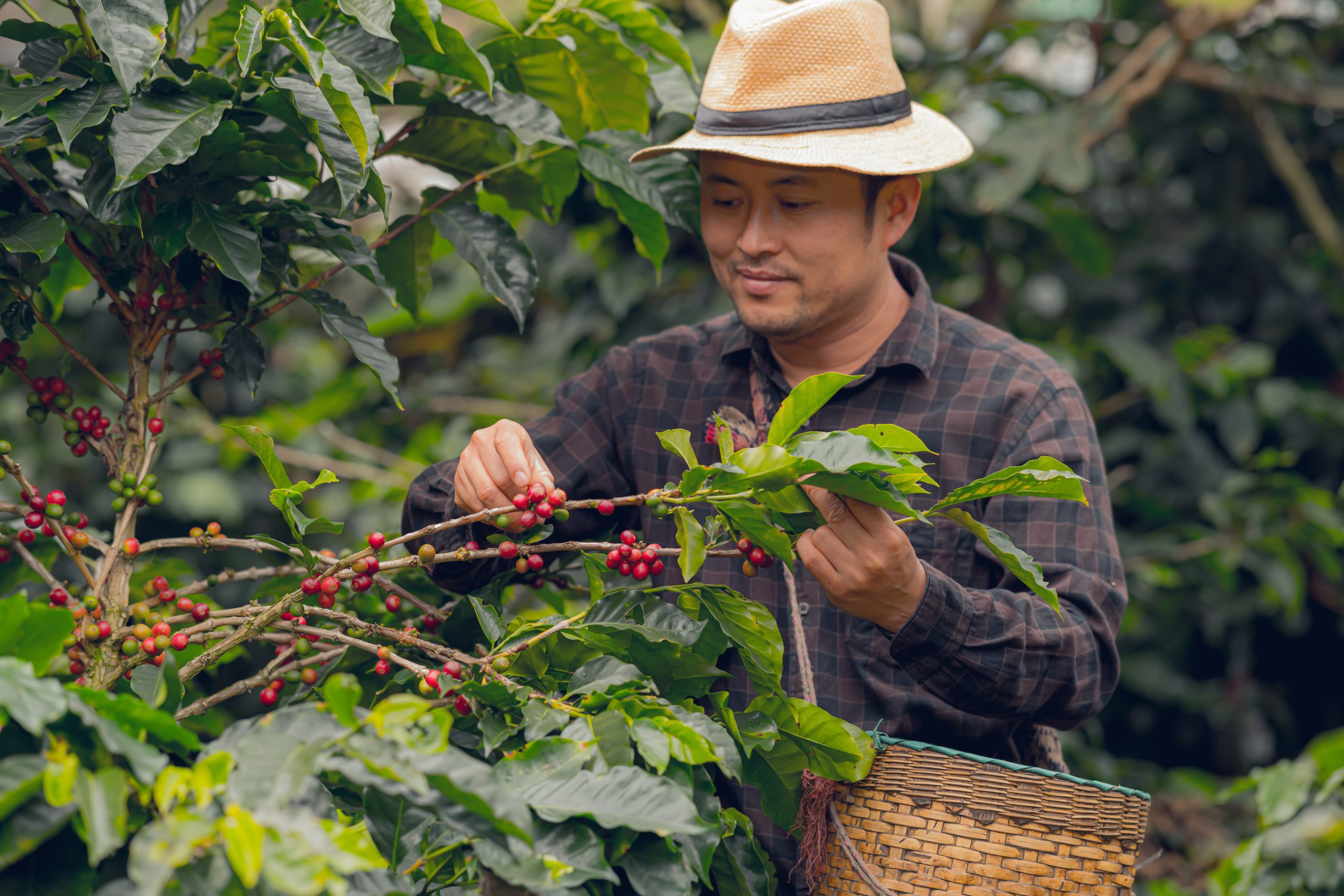The Global Challenges Research Fund’s “Trade, Development and the Environment” (TRADE) Hub was a global research-to-impact project. We used research to improve the sustainability of trade in six agricultural commodities that were linked to forest loss. We also used research to make wildlife trade associated with meat consumption and pet ownership more sustainable.
Our research focussed on eight countries in the global south (Map 1). At the local scale, we partnered with many stakeholders ranging from young researchers to smallholder farmers so that we could better understand their needs and explore solutions. We also worked at national scales to influence policies and laws. We also worked to build a constituency for greater sustainability in trade systems.
At the global scale we sought to influence and support implementation of international trade and conservation policies. We used the results of our research to support businesses and governments with decision-making related to international trade and supply chains. We also worked with them to improve the lives of the poor and the protect nature. Running a global hub did not come without challenges. This was highlighted by an article penned by one of our researchers from Cameroon, in which she noted
that harsh visa-application policies are significantly hindering global research. She pointed out that this was proving particularly problematic for scientists from low- and middle-income countries. Many researchers from the global south face repeated visa rejections despite providing thorough documentation. This is leading to substantial financial losses and missed opportunities for critical international collaborations. It not only demoralizes individual researchers but also undermines global biodiversity conservation efforts, as diverse voices and local insights are essential. Through the TRADE Hub, we strove to uplift the voices of our colleagues who often go unheard for all of these reasons.
